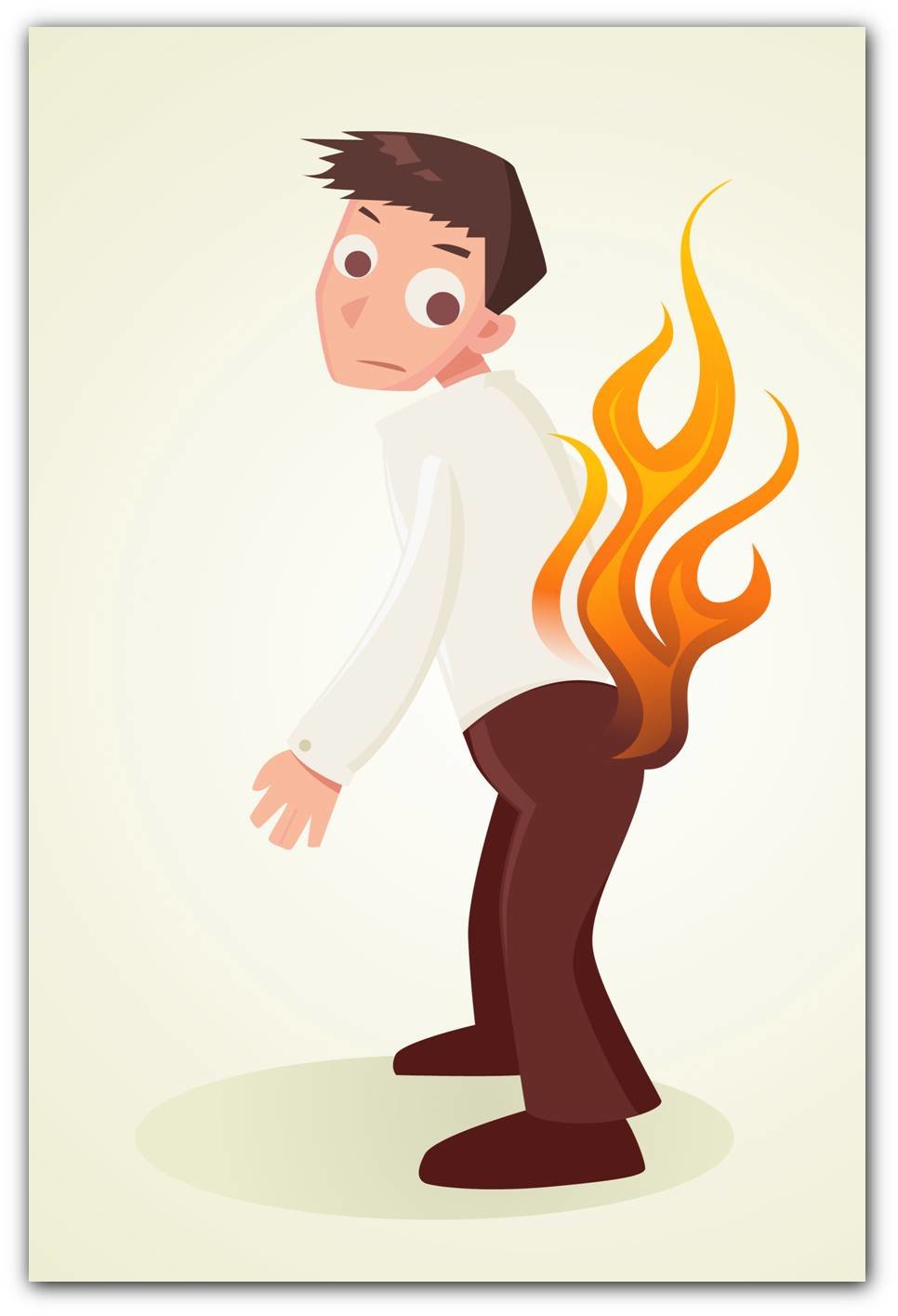
A journalist from Cosmopolitan Magazine/U.K. recently asked for my feedback on the issue of honesty. Here are the questions, along with my answers.
Why do some people find it difficult to be honest?
The most common reason is fear of confrontation. Whenever a lie is exposed, the immediate reaction is almost always, ‘I did this for you. I did this to protect you.’
The feelings may be sincere, but they involve a huge—and even obvious—evasion of facts. To shield someone from something without their knowledge or consent is not to shield them. The person doing the shielding would not like this authority over his own destiny removed from his hands; so why does he expect someone else to tolerate it?
If the motive behind most dishonesty were allowed to speak, it would say something like, ‘I knew you would react badly. I didn’t want to encounter your reaction. So I lied (or withheld information) from you.’
At least this statement isn’t disingenuous. However, it reveals an incredible naivete. You expected the other person not to find out; however, anyone who’s watching almost always does find out when something is amiss, and unless you’re an excellent liar (most people are not), you will eventually be exposed.
What are the benefits of admitting to making mistakes, and owning up to the truth?
Let’s look at the down-side of lying, first. When you lie to someone, you weaken yourself. The moment you tell a lie, you count on the other person’s own honest ignorance, sloppy attentiveness or even his or her own evasion in order to prop up and keep your lie going.
On top of this, you have to remember which lies you’ve told, and to whom. You’ve got to think about the implications of each lie and develop additional lies to sustain credibility for the original lie. If you want an example of what I’m saying, think about the publicized exposures of a known career criminal, or the daily actions and words of just about any politician.
In your mind, at all times, you must carry around two columns when you lie. One column is called, ‘The Truth,’ or simply, ‘Reality.’ The other column consists of the various lies you’ve told to various people, most of which stem from one original lie. This is stressful and, for most people, impossible.
The benefits of telling the truth—including admission of mistakes—are the release of your mind and your psyche from all this unnecessary stress.
Where is honesty most important, i.e. at work, or with friends/family?
It’s equally important everywhere. Why? Because honesty is, first and foremost, for yourself. The moment you start waging war with facts, truth and reality is the moment you’re undermining your mental health and serenity, to that extent. Even if your lying is never exposed (unlikely), you still live with the consequences of your own deceit.
Common ‘wisdom’ holds that lying is wrongdoing against others, as much or more as against oneself. This simply isn’t true. The wrongdoing against others cannot be denied. But it’s not the most important reason for being truthful. Your own mental stability is.
How might someone who struggles with honesty become more truthful?
Challenge and change irrational beliefs.
Examples of irrational beliefs?
‘Making a mistake is a catastrophe. If I ever make one, I must feel ashamed and cover it up at all costs.’
‘I cannot disappoint others or have them mad at me. Anything is better than that; even concealing or subverting the truth.’
‘If I pretend that something is true, then it’s the same as if it’s true.’
False beliefs such as this last one are patently absurd. Nobody will ever consciously believe such a thing. But millions do think and behave as if such a thing were true. This is what does them in, sooner or later.
Living a conscious and self-reflective life is the best way to avoid deceptive behavior. One benefit of psychotherapy and counseling (my profession) is to keep you honest with yourself. The greatest lies are often the ones we pose to ourselves, via rationalization, escapism or a simple and continuing refusal to be aware of what we’re thinking and/or feeling.
Sociopaths or ‘antisocial personalities’ are different from most people, and they really don’t care about the bad side-effects of lying. To them, pulling one over on others is kind of a challenge, almost a game, although (in the case of career criminals or politicians) it can become a way of life, too.
Most people are not sociopaths and most are potentially willing to purge deception from their lives. We all have to get beyond this ridiculous teaching that lying is ‘selfish,’ as if self-interest consisted of living a life on the run from objective reality. Nothing could be further from the truth!
Be sure to “friend” Dr. Hurd on Facebook. Search under “Michael Hurd” (Rehoboth Beach DE). Get up-to-the-minute postings, recommended articles and links, and engage in back-and-forth discussion with Dr. Hurd on topics of interest.
